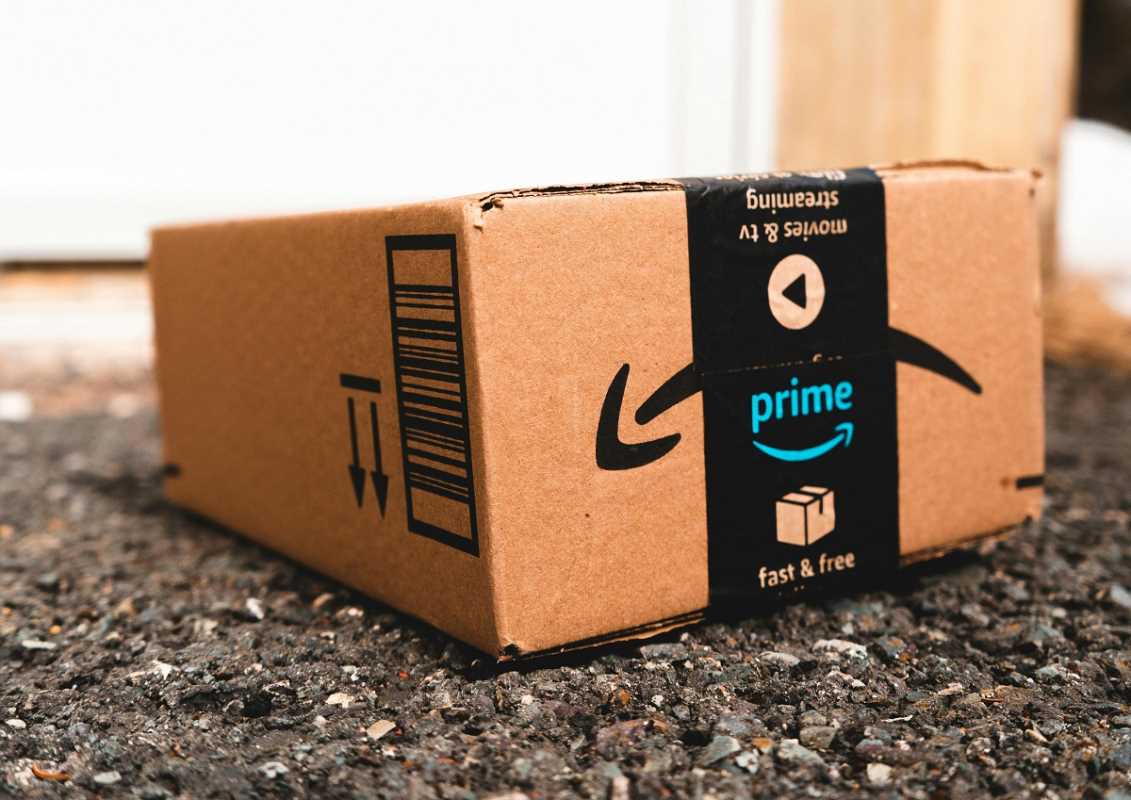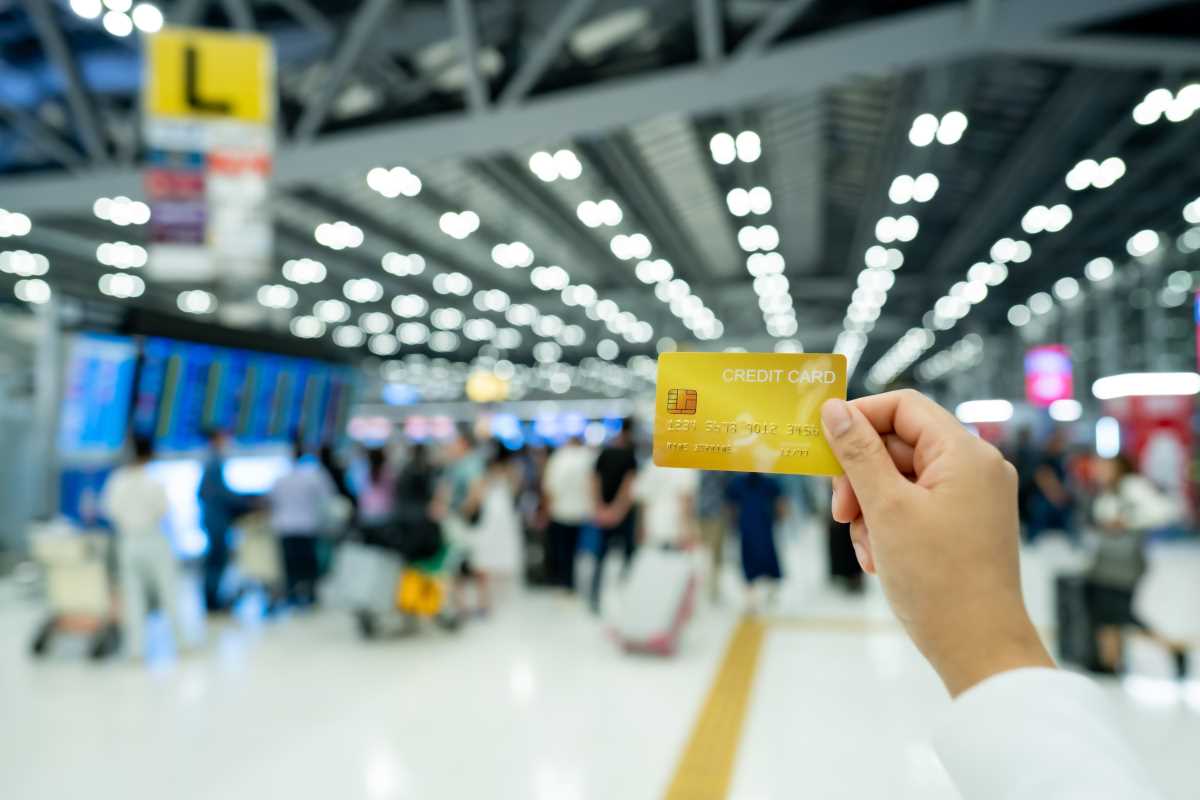Cash‑back and rewards credit cards can be incredible tools for saving money and earning perks on everyday spending. From earning points for free travel to getting cash rebates on groceries and gas, these cards offer a wide array of benefits. But if not used responsibly, they can also lead to debt and financial stress. The good news is that with a smart strategy, you can take advantage of rewards cards without falling into the debt trap.
How Do Cash‑Back and Rewards Cards Work?
Cash‑back and rewards credit cards provide benefits to cardholders based on the amount they spend. These benefits vary depending on the card, but typically include categories like grocery shopping, dining, travel, and gas.
Types of Rewards Cards
- Cash-Back Cards: Earn a percentage of your spending back in cash. For example, if you spend $1,000 in a month and your card offers 2% cash back, you’ll earn $20.
- Points-Based Cards: These cards reward you with points for each dollar spent. Accumulated points can be redeemed for gift cards, merchandise, or travel expenses.
- Miles Cards: Popular with frequent travelers, miles cards allow you to earn airline miles or travel credits that can be used for flights, hotels, or car rentals.
Why Are Cash‑Back and Rewards Cards Useful?
- Potential Savings: Earn money or perks on purchases you’re already planning to make.
- Flexibility: Use cash-back cards to offset bills or reward points for experiences like travel.
- Boosted Value: Some cards offer promotions, such as bonus points or accelerated cash-back rates on specific spending categories.
But the key to enjoying these benefits is responsibility. Without a plan in place, these cards can lead to overspending or carrying high-interest balances, which can outweigh the rewards you earn.
Tips for Using Rewards Cards Without Adding Debt
Now that you know how these cards work, here’s the most important part: how to use them wisely. Follow these tips to enjoy the benefits while avoiding debt.
1. Pay Your Balance in Full Every Month
Carrying a balance on your credit card doesn’t just negate your rewards; it can cost you far more in interest fees. Most cash-back cards come with interest rates (APRs) that range from 15%-25%, which can quickly outweigh the rewards earned.
What to Do:
- Treat your card like cash. Only charge purchases you can afford to pay off immediately.
- Set up automatic payments or reminders to ensure the full balance is paid by the due date.
2. Avoid Overspending
The temptation to spend more to earn more rewards is one of the biggest pitfalls of using a rewards card. If you’re not careful, chasing points or cash-back bonuses can lead to purchases you don’t actually need.
What to Do:
- Create a monthly budget that outlines essential spending.
- Use your credit card only for planned purchases, such as bills, groceries, or recurring expenses.
- Avoid impulse buys, even if there’s a limited-time promotional offer.
3. Choose a Card That Matches Your Spending Habits
Not all rewards cards are created equal. Some offer flat-rate rewards, while others give higher rewards for specific categories like dining or travel. Choosing the right card for your spending habits ensures that you maximize your earnings without extra effort.
Examples:
- Groceries & Gas: Opt for a card that offers 3%-5% cash back on groceries and fuel if these are big portions of your budget.
- Travel Fans: A card with rewards for flights, hotels, and airline miles could provide significant long-term value.
- General Spending: Look for a flat-rate cash-back card (e.g., 1.5%-2% on all purchases) for flexibility.
What to Do:
- Evaluate your spending over the past three months to see where you spend the most.
- Compare rewards cards online using tools that highlight categories where you’ll save the most.
4. Keep Track of Rewards
Rewards can lose their value if they’re not used strategically or if they expire. Some cards have points or miles that lose their value over time if they’re not redeemed.
What to Do:
- Check and redeem your rewards regularly via your card’s app or website.
- Set reminders for expiration dates to ensure you don’t lose earned rewards.
- Plan larger purchases (e.g., trips or household items) around your rewards to stretch their value.
5. Take Advantage of Intro Offers and Bonuses
Many credit cards feature sign-up bonuses or promotional periods where you can earn extra rewards. For example, a card might offer a $200 sign-up bonus when you spend $500 in the first three months.
What to Do:
- Plan necessary purchases during the promo period to hit the required spending threshold.
- Avoid unnecessary spending just to qualify for a bonus.
6. Use Rewards for Meaningful Goals
Instead of redeeming your rewards for unnecessary perks, channel them toward practical expenses or financial goals. For example, cash-back rewards can be used to pay down credit card balances, reduce other bills, or bulk up your savings account.
What to Do:
- Use cash back to pad your emergency fund or contribute to investment accounts.
- Apply travel rewards to flights and lodging for planned vacations instead of last-minute trips.
7. Monitor Your Spending & Credit Regularly
It’s easy to lose track of spending on a credit card, especially when chasing rewards. Monitoring your spending is crucial to staying in control.
What to Do:
- Review your credit card statement weekly to ensure you stick to your budget.
- Use budgeting apps like Mint or YNAB to track card activity and manage payments.
- Keep an eye on your credit utilization rate (how much of your credit limit you’re using) and aim to keep it under 30% for good credit health.
Long-Term Benefits of Responsible Card Use
Using cash-back and rewards cards responsibly doesn’t just save money in the short term. Over time, it can contribute to your financial health and goals.
1. Strengthen Your Credit Score
Consistently paying your balance in full each month demonstrates responsible credit usage, which can boost your credit score. This, in turn, can help you secure better rates on loans and mortgages.
2. Maximize Financial Flexibility
Whether using rewards to fund travel or offset essential expenses, smart card use adds flexibility to your budget.
3. Stress-Free Spending
Knowing you’re consistently paying off your balance and not overspending means you can enjoy the perks of rewards cards without worrying about debt.
 (Image via
(Image via.jpg)





